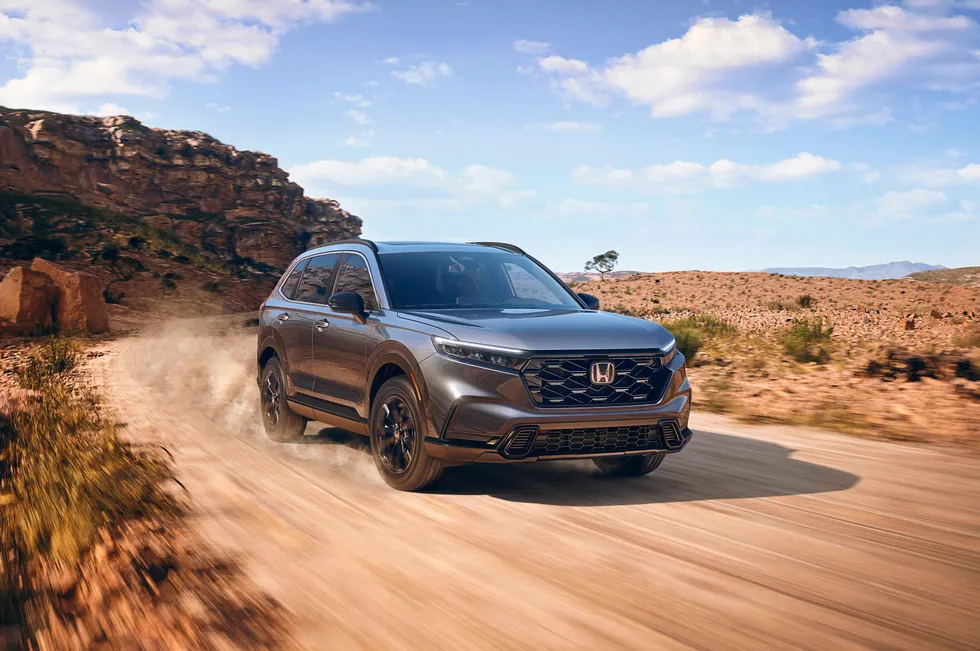Passenger cars accounted for 80% of hydrogen vehicle sales in 2022 — but that share is shrinking
H2 car sales boosted by early funding but heavy trucking likely to take the mantle by 2030, research firm tells Hydrogen Insight

H2 car sales boosted by early funding but heavy trucking likely to take the mantle by 2030, research firm tells Hydrogen Insight
